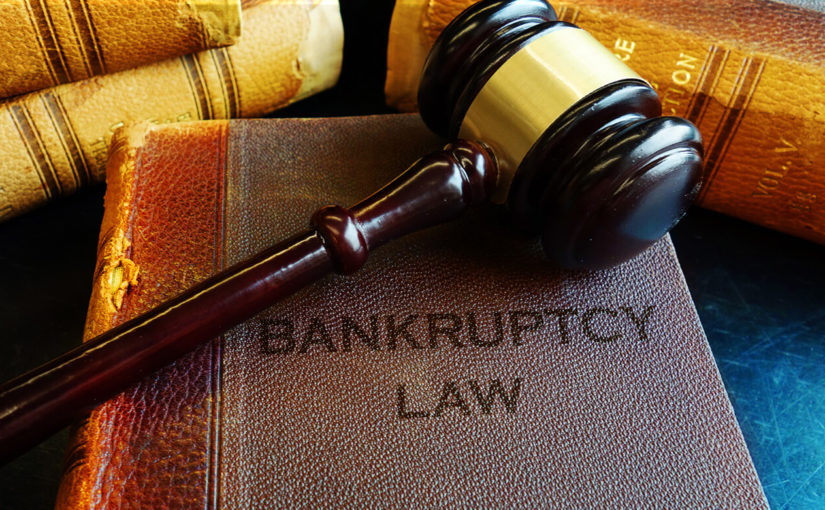
I can see where that would make people feel better that they’re not the only ones in their town. What kind of paperwork do they need to get together to bring to you to get included for the bankruptcy?
Attorney Morales Conducts a Comprehensive Interview with Clients Preparing to File Bankruptcy
Jeanne: We’re going to conduct a pretty extensive interview and ask questions that a lot of times they haven’t thought about before. We tell people to bring with any paperwork that pertain their finances. They need to bring the most recent tax return. We ask for the last 60 days of pay stubs.
You Must Show Your Attorney Any Legal Paperwork You Have Received from Creditors
Most people don’t keep a budget quite frankly, at least not on paper but if they do, the most recent bill statement from all of their creditors. Sometimes the emphasis for somebody filing bankruptcy is they’re being sued. They owe on a credit card and they didn’t pay it and so the credit card company is suing them.
It’s important to bring any legal paperwork that’s been filed against you and then in order to really get the most effective communication with the creditors, some debt as it goes bad and it gets aged, sometimes the owner of that debt transfers it to a series of debt collectors and/or debt buyers.
Your Attorney Will Need Creditors Contact Information to Notify Them of Your Bankruptcy
We need to see any communication that they had from anybody collecting those debts. For example, that might be a MasterCard from five years ago but they’ve gotten letters from attorneys or agencies that purport to be debt collectors. We can’t notify somebody that you’re in bankruptcy unless we have their address and so if it’s written down and if it involves their debt, they need to bring it as well as their tax returns and the last 60 days of pay stubs.
Protection from Continued Creditor Action: Once You File, You Are Protected by the Federal Bankruptcy Law
Interviewer: Once I do file and creditors are continuing to call me, how do I tell them legally, “Just leave me alone, this is what I’m going through.”?
Jeanne: When you file bankruptcy, you’re immediately protected by the Federal Bankruptcy Court. Now, we call it an automatic stay but think of it as an injunction. It’s an injunction against creditor contract with you directly and it goes into effect immediately.
Most Creditors Will Not Violate the Automatic Stay
Most creditors and most collection agencies and most people who play in the financial realm knows what bankruptcy automatic stay is and they take steps not to violate it. But if I filed your case in the morning and you get a phone call in the afternoon, they probably didn’t receive notice yet. Normally, we just advise someone to let them know that they have an attorney, that they filed bankruptcy. You can tell them the case number and usually that ends the call because even if they haven’t received notice, most creditors are very cautious not to violate the automatic stay purposely.
There have been some really big sanctions and there’ve been some very high profile cases against well-known entities that purposely violated the bankruptcy automatic stay and they were taken down by bankruptcy judge. Even the most bottom-dwelling debt collector, once they hear bankruptcy, if they continue on past that and cop an attitude, they are liable to face sanctions.
Every once in a while you encounter a collection agency who is not familiar with the automatic stay and you should report that to your attorney. This is because there are actions that we can do such as calling them in front of the federal bankruptcy judge to make them explain their behavior.
Your Debt Discharge Is Honored Even If Your Debt Is Purchased or Transferred to a New Collection Agency
Interviewer: My question on that is if you owe one creditor and another company buys that debt and then there’s a continuous cycle, is the automatic stay honored by each new company? Even if you have informed that you filed bankruptcy and they then choose to send it onto a different collection agency or they just have to stop?
Jeanne: They can do whatever they want with it but once you get a bankruptcy discharge, you’re no longer legally obligated to pay it and if they or anybody they have sent that off to tries to collect it, they’re in violation and we can take that to the judge.

